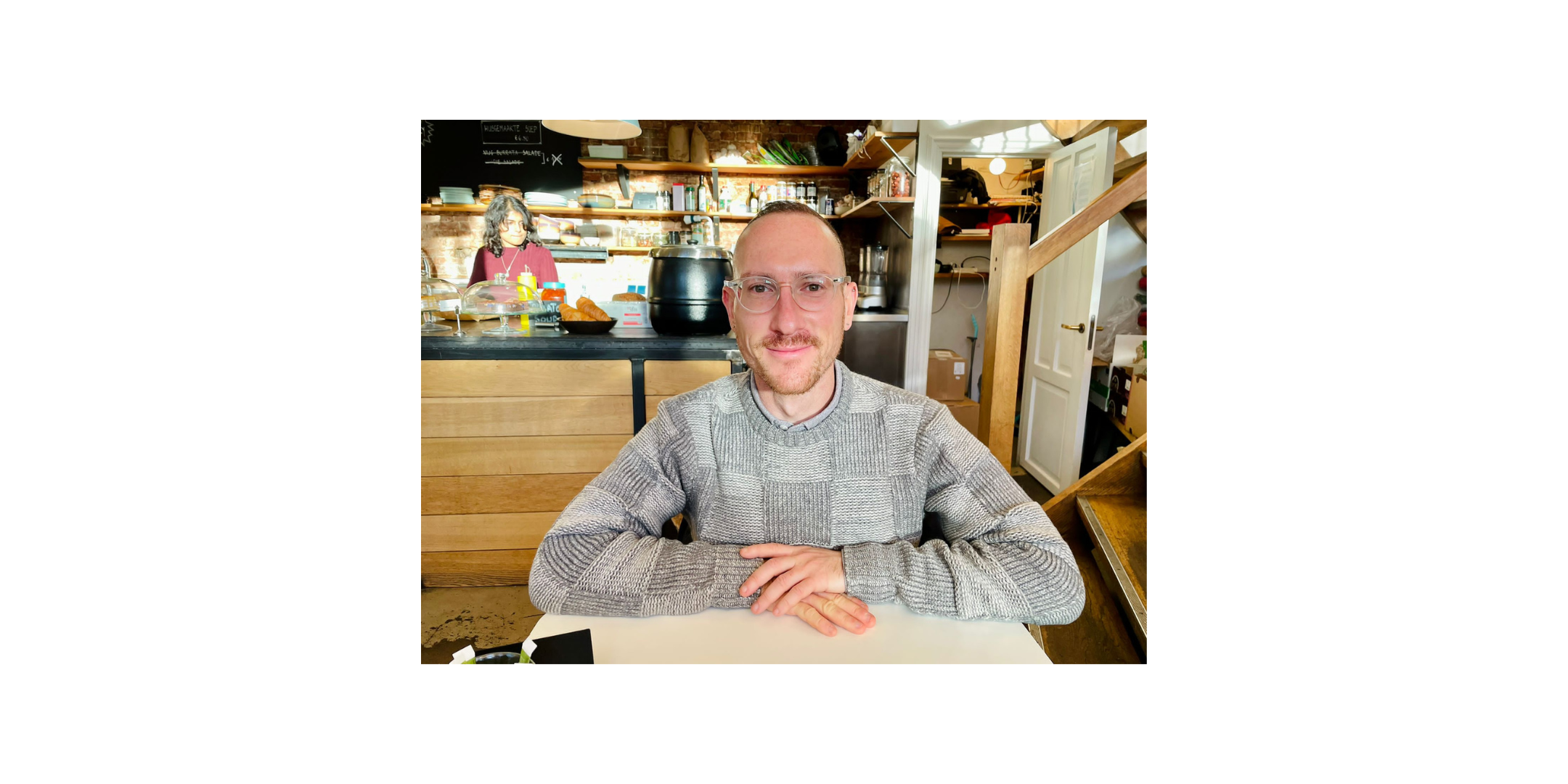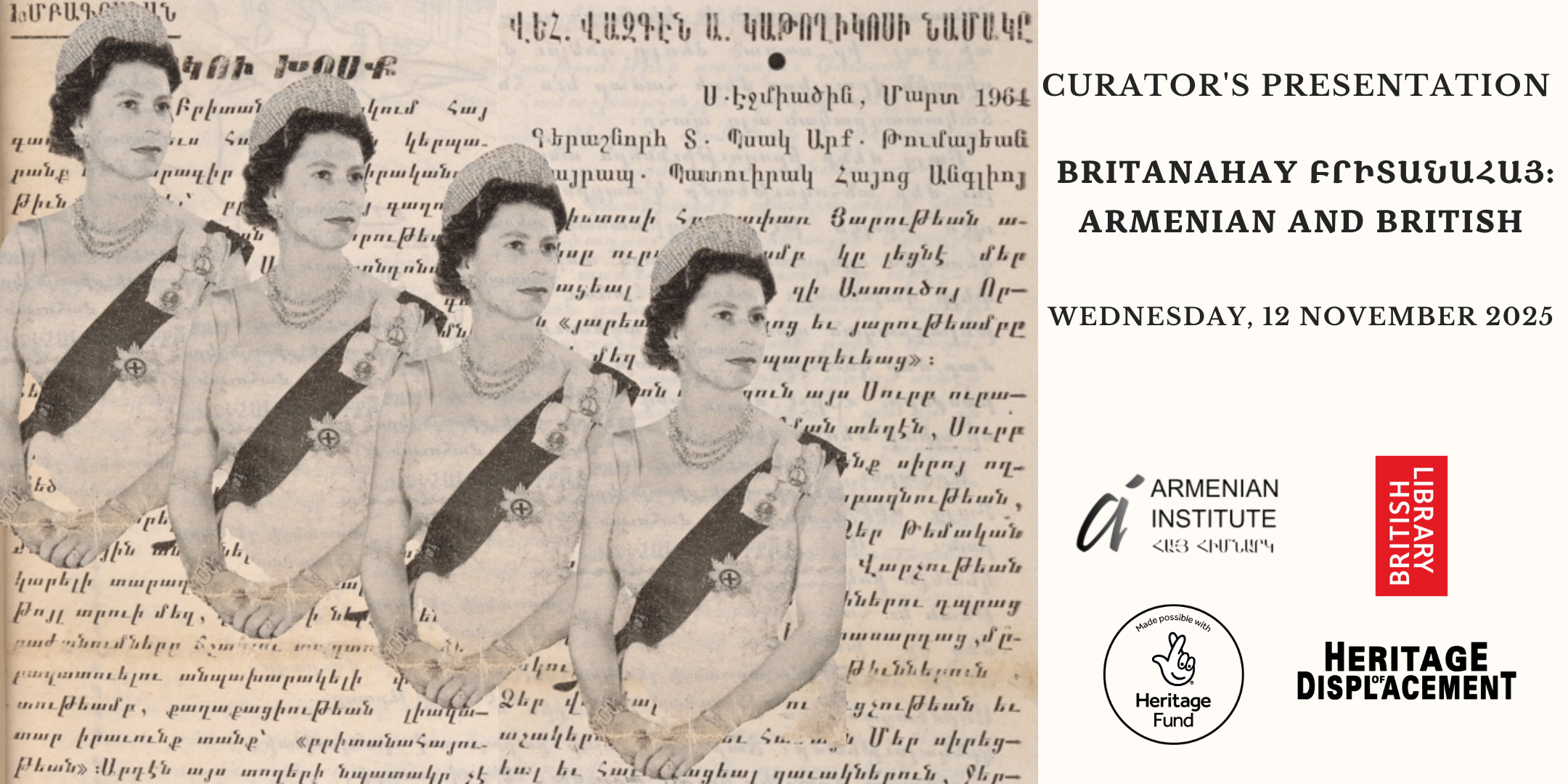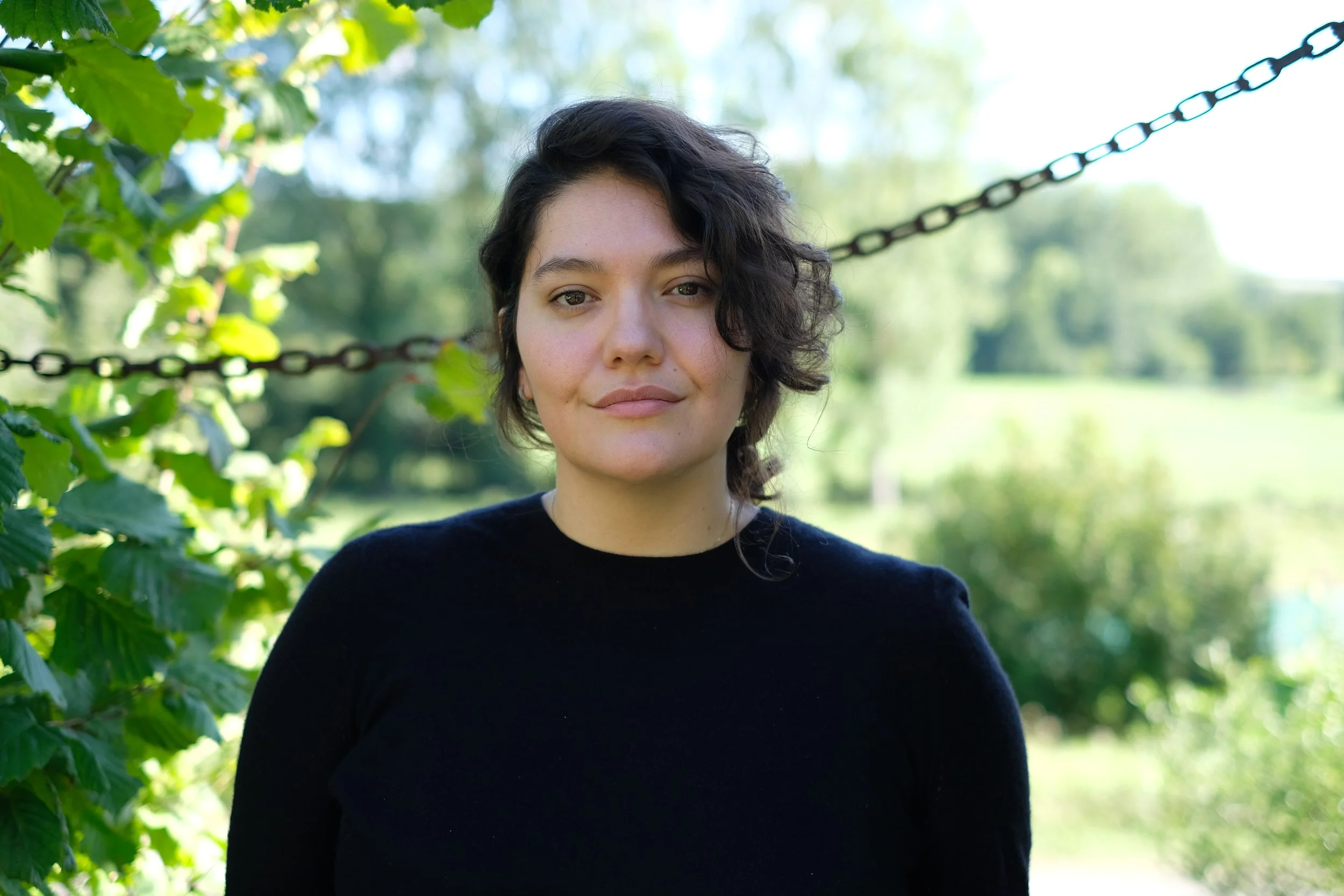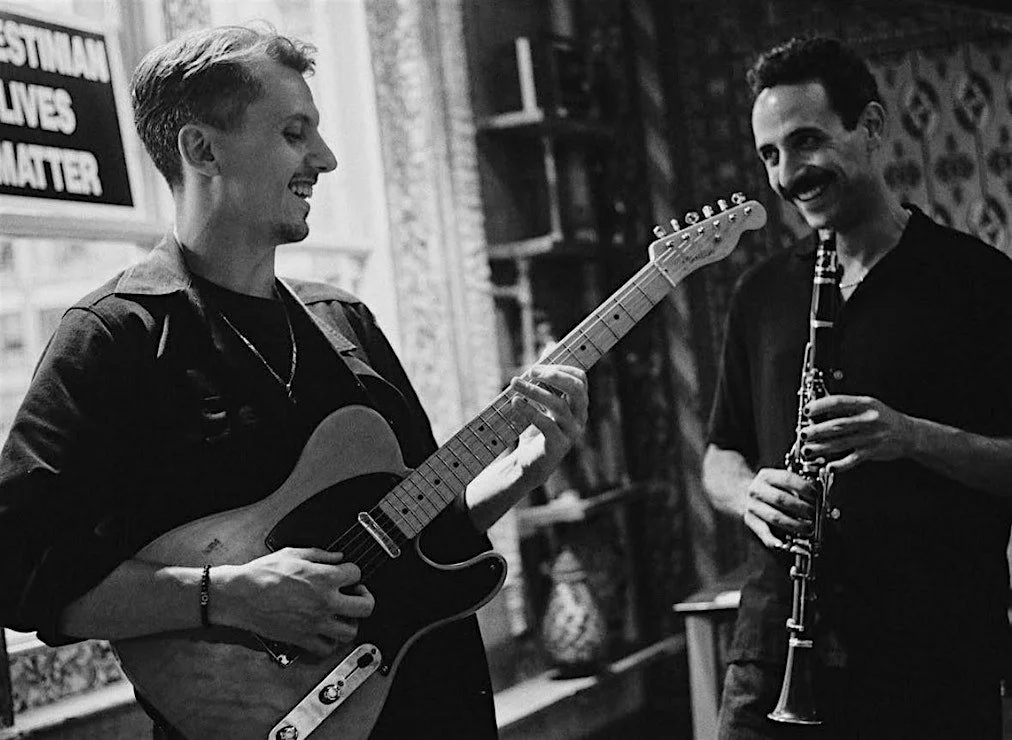About the Speakers
Nairi Khatchadourian is a Paris-born art historian, curator, and placemaking advocate. She relocated to Armenia in 2015 and managed institutional projects in museums in Yerevan and Armenia’s regions. By bringing together artists, photographers, architects, designers, and researchers under the roof of AHA collective, a curatorial practice she founded in 2019, Khatchadourian has been engaged in commissioning new works and rethinking exhibition formats to open up the contemporary artistic landscape to different audiences in Armenia. Khatchadourian recently directed the creation of the first contemporary red carpet for the Golden Apricot International Film Festival and opened AHA collective’s gallery in Yerevan. Khatchadourian is the editor of a number of catalogues and collective monographs and curator of over 20 exhibitions on Armenian contemporary art, design, and cultural heritage, among which Pieces (2019, Komitas Museum-Institute, 2020 President Prize of the Republic of Armenia); Hanging Garden: Dadivank and Beyond (2022, Cafesjian Center for the Arts); Living Portals: Settlement Fabrics of Khndzoresk, Tegh, and Verishen (2023, House of Culture, Verishen Village); Conversations with the Reed (2024, Komitas Museum-Institute). Khatchadourian is the co-curator of the Armenian Pavilion of the upcoming 2025 International Design Biennale in St Etienne, France.
In her talk, Nairi Khatchadourian will explore the new dynamics in Armenia’s contemporary art scene through the various curatorial projects she has undertaken with the AHA collective. She will delve into the intersection of contemporary art and placemaking, focusing on curatorial approaches that engage with local contexts, resources, and know-how. She will highlight the transformative power of contemporary art in revitalising heritage and territories and fostering a meaningful sense of place.
Shant Charoian is an architect based in Yerevan, Armenia. A graduate of the Harvard Graduate School of Design with a post-professional Master of Architecture, he also holds a BA in Architecture from California State Polytechnic University, Pomona, where he earned the Outstanding Senior Project prize. In 2024, he founded Jardar NGO to foster new architectural thinking in Armenia, launching initiatives like The Oshakan Project and the Line Armenian Architecture Biennial, aimed at addressing community challenges. He advocates for transformation through thoughtful work with Armenia’s public spaces.
Shant has led workshops at the TUMO Center and Harvard, contributing to impactful exhibitions and design products. His published works include articles in the DISC Journal, Utzonia: To/From Denmark with Love, and the AMPS Press, with exhibitions at the Kirkland Gallery and the Komitas Museum. Built installations include Fruiting Columns at the Harvard Yard and Churches, Cardboard, and Cultural Erasure: Traces of Artsakh at Berlin's Kiezkapelle.
Aram Mooradian is the director of Mooradian Studio, a London-based architectural practice specialising in sustainable residential, arts and retail projects. Aram graduated from the Architectural Association (AA) in London, where he subsequently taught between 2019-2023 and was a trustee of the AA from 2011-2015. He is the Director of Studies in Architecture at Downing College, Cambridge, and taught the graduate design studio in Architecture & Urban Design at the University of Cambridge between 2015-2022. Aram previously worked for Herzog & de Meuron in Basel and 6a architects in London on projects including the Juergen Teller Studio, which was nominated for the RIBA Stirling Prize in 2018. In 2022, Aram established Building Ways, an education and research group interested in heritage and the circular economy, which runs programmes in the UK and Armenia.
Shant Charoian and Aram Mooradian will present The Oshakan Project, an architectural summer school and research project aimed at documenting existing heritage assets in Armenia and imagining ways of unlocking their potential as hubs for social, economic and cultural activity. It began in response to Armenia’s rapid development and the growth of international tourism, both key threats to undocumented architectural heritage. The two speakers will discuss the successful pilot summer school in July 2024, which taught students surveying techniques and held a series of community mapping workshops in the village.
Guillaume Othenin-Girard is an architect and assistant professor in the Department of Architecture at the University of Hong Kong. His teaching and research focus on the cross-disciplinary potential between archaeology and architecture. In 2018 he led the design and fabrication of A Room for Archaeologists and Kids for the Museum of Pachacamac, Peru and is the co-author of Pachacamac Atlas (2022). In 2019, the project received the Dezeen Award for Architecture Project of the Year, and was exhibited at the Design Museum in London as part of the Beazley Designs of the Year show. Guillaume is interested in the transformative agency of drawing, and shares a vision that considers the landscape as a source of heritage in itself. He is the co-founder of Architecture Land Initiative, a cooperative that works closely with political actors and NGOs at the local and national scale to enact sustainable and equitable transformations of landscapes, public spaces, and architecture.
In his talk, Guillaume will discuss the ongoing interpretive planning strategy for the Vedi River Valley in Armenia, and the collaborative design of an archaeological field laboratory for the Ararat Plain Southeast Archaeological Project (APSAP). Part of this research project is to develop the potential of the Armenian glkhatun – a traditional, half-buried house typology – from a thermal and environmental perspective, shedding light on its suitability in the face of rapid climate change in the Vedi River Valley. Guillaume's fascination with this type of traditional dwelling found in the Caucasus region is reflected in his recent article From Hearths to Volcanoes: The Armenian glkhatun (DMJournal–Architecture and Representation – No 1: The Geological Imagination, 2023).






















































































